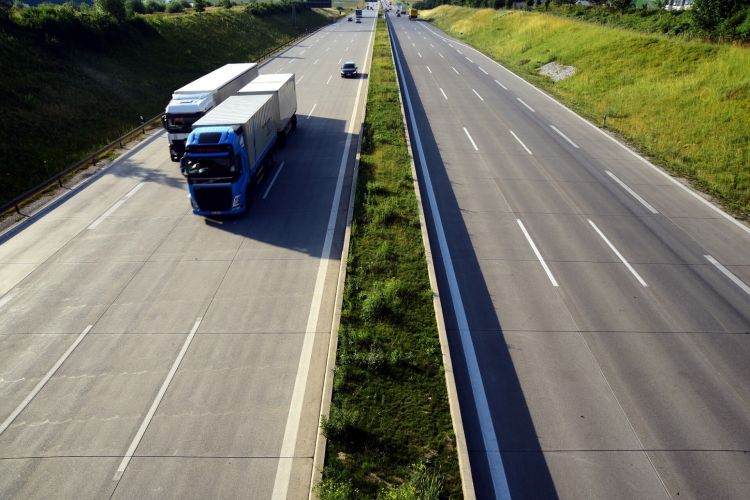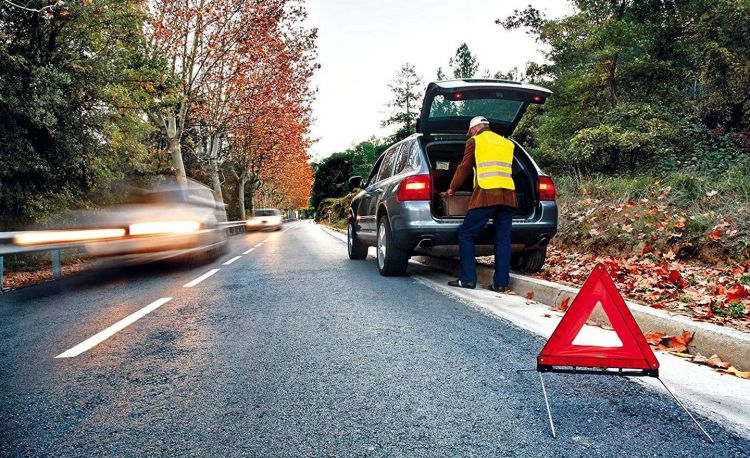The toll roads, one of the most controversial projects that the Government has put on the table of the motor world, have ceased to be a priority and urgent issue: the necessary conditions are not met, nor is the economic and social moment right. This does not mean that they are ruled out and, if they come true, Spanish drivers are clear about their reaction: change toll roads for secondary roads.
This is the main conclusion of the study carried out by Alphabet, the leasing company. It is not the only one: according to the results obtained, 91% of those surveyed do not welcome the arrival of tolls on Spanish highways and 63% of drivers believe that their only purpose is to collect money. The first clue as to how traffic in our country would change is obtained through the opinion of 28%: they point out that one of the consequences will be the diversion of traffic towards secondary roads.
Nearly seven out of ten drivers
Toll highways is the formula that the Government has presented to Brussels to equip itself with the rest of the Member States, to be able to continue accessing aid from Europe and to finance its upkeep Given the impossibility of doing so (completely) through the General State Budget. The deficit accumulated by high-capacity roads is several billion euros and this translates into less safe roads for users.
However, the Alphabet report suggests that highway tolls could become a counterproductive measure. The reason? If the Government makes this payment system a reality, 68% of Spanish drivers would be willing to travel on secondary roads to avoid these barriers… and despite being the roads with the highest accident rate.
The accident rate of secondary schools
If the survey data were translated into reality, it would mean that secondary roads would have to assume a large part of the traffic on the dual carriageways. something they would do without being prepared to accommodate such a volume of vehicles: the logical consequence points to an increase in the number of traffic accidents and, therefore, in the accident rate.
It should be remembered that, in 2022, there were 1,042 fatal accidents on Spanish roads in which 1,145 people died and another 4,008 were seriously injured. This means 44 more deaths (+4%) and 425 fewer serious injuries (-10%) than in 2019, the reference year as it was the year before the pandemic. Conventional roads continue to be the ones that register the most deaths: 833 people lost their lives on these (73% of the total) and 312 on motorways and dual carriageways (27%).
With these data on the table, the Government would be carrying out a series of internal studies prior to adopting the measure. Its objective is to find the formula that allows raising sufficient funds to maintain safety on the road network, prevent users from moving to secondary roads and improve safety. And everything points to a payment system (for use or through a vignette toll) that does not have a significant impact on the pocket of citizens.





